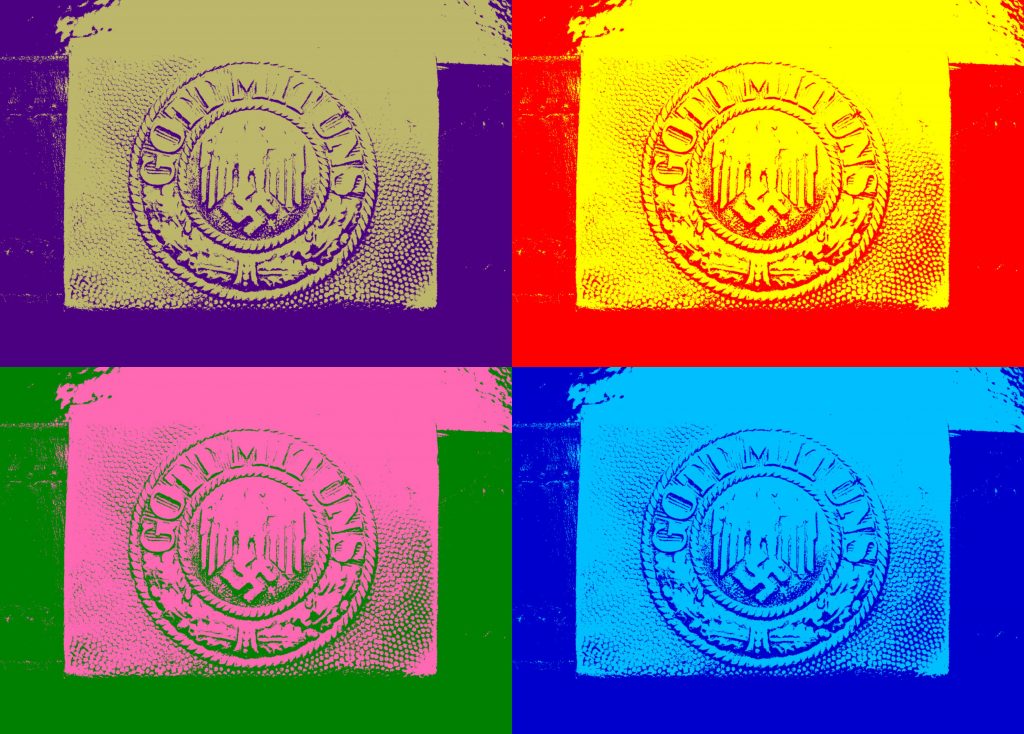
There is a delicious irony in that, as the shells rained down on the battlefield, you could find both sides of the conflict cowering in foxholes, praying for salvation to the same deity. Each side absolutely convinced that God was on their side.
So much so that the Germans even had “Gott mit uns” inscribed on soldiers’ belt buckles, while for the Americans, “In God We Trust” would be found stamped into many a lucky coin.
Now, I have to confess that until the events of the last few days, I had never heard of Charlie Kirk. Now, I wish I never had, for now, after days of unrelenting media coverage of his assassination, and in the process of his beatification and demonisation, I can see a similar ironic argument emerging.
Both sides hunkered in the bottom of their respective foxholes, truly convinced that they were being attacked and utterly convinced that they were in the right.
Left or right, they can’t both be right. Yet they all think they are.
Expressing the same human tendency to construct narratives where we’re always the righteous ones, even when we’re engaged in the same behaviours we condemn in others. All making the facts fit the story.
The irony is that both sides of the argument are exhibiting exactly the kind of absolutist thinking that contributed to the violence in the first place. The zero-sum game of politics.
A war of competing certainties, a binary argument where each side is entirely convinced of its moral righteousness while engaging in or justifying violence, all certain they are the ones who need divine protection from the horrible, nasty, unreasonable, dangerous individuals on the other side. All dehumanising the enemy.
So just as German and American soldiers carried their divine endorsements into battle against each other, now we have different factions, each convinced that their response to Kirk’s assassination represents the virtuous, morally correct position.
Each side sees the other as fundamentally wrong, even evil, while being absolutely certain of their own moral clarity, whether mourning him as a martyr or viewing him as a purveyor of hate who reaped what he sowed.
After all, were I an English professor looking for an example of irony for my students, is not this quote its very definition: “I think it’s worth it to have a cost of, unfortunately, some gun deaths every single year so that we can have the Second Amendment to protect our other God-given rights. That is a prudent deal. It is rational.”
Now, I don’t celebrate his death, but I won’t mourn it either; however, I do lament this: the death of compromise and the demise of common ground. We now have a dangerous no-man’s land of political absolutism, a wasteland where liberal ideas come to die. Trapped in the barbed wire of absolutism.

Leave a Reply